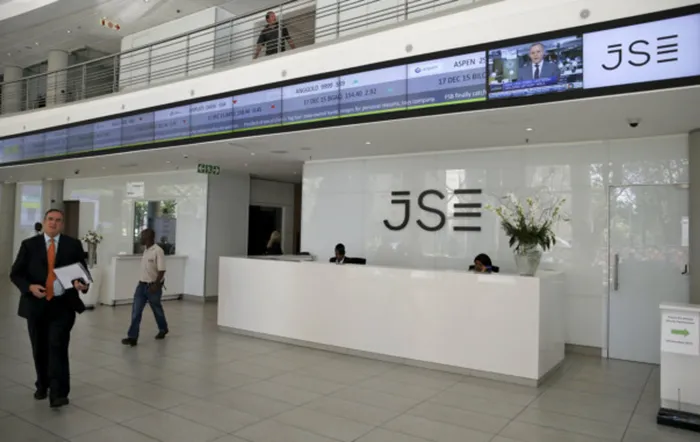Zuma’s move: long-term effects

People walk near the reception at the Johannesburg Stock Exchange (JSE) in Sandton, Johannesburg. REUTERS/Siphiwe Sibeko People walk near the reception at the Johannesburg Stock Exchange (JSE) in Sandton, Johannesburg. REUTERS/Siphiwe Sibeko
Johannesburg - President Jacob Zuma’s removal of Nhlanhla Nene as finance minister has ramifications for SA in the short- and long-term.
This is according to Absa Wealth investment analyst Chris Gilmour, speaking after Nene was replaced by the relatively-unknown David van Rooyen in a shock move on Wednesday.
Gilmour notes the decision will take some time to be fully felt in the economy.
While he believes the move won't terribly affect the average man, he mentions, however, there are a number of economic challenges facing the country, including a high unemployment rate, inflation, and the current historic weakness of the rand.
"Extremely high unemployment is a challenge ahead of us. Inflation will go higher for a number of reasons: The weakness of the rand, the drought that is currently affecting southern Africa, not only just South Africa. Victoria Falls for example is dwindling to a trickle when at this time of the year, it should be an absolute raging gushing inferno," he explains.
"So that reflects how serious this drought is. And we've also got to import a lot of maize this year and with an ever decreasing currency it means it becomes more and more expensive," he said.
He said the latest reshuffle may instill uncertainty in the minds of foreign investors and that's the last thing SA needs in this point in time.
"Investors need to be certain, need to be comforted, they need to have a feel-good factor that money coming into this country is going to be safe and moreover they need to know the currency is going to be relatively stable," Gilmour explains.
"So when you put all of those factors together, it presents a rather unstable and fragile position as far as foreign investors are concerned," he concludes.
IOL MOJO